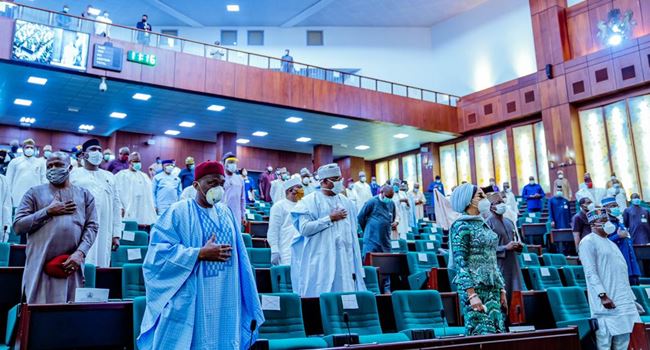Metro
Reps move to probe reports of trade in human organs between Nigeria, China

After reports emerged over illicit trade in human parts, the House of Representatives reached a consensus to commemce investigations into the activity between Nigeria and China.
This resolution was sequel to a unanimous adoption of a motion by Rep. Rimamnde Kwewum (PDP-Taraba) and co-sponsored by Rep. Olajide Olatubosun (APC-Oyo), at plenary on Thursday.
Kwewum explained that a fortnight ago, Chinese authorities seized a cargo ship that sailed from Nigeria with 7,200 refrigerated penis’.
Thirty-six boxes labelled as plantain on the ship that harboured at the Shanghai port called Red Market, the lawmaker disclosed.
He said the Chinese General Administration of Customs had alerted that an increasingly large number of armed groups in Africa used organs which were harvested in unsanitary conditions to finance their nefarious activities.
“The media was awash a few years ago with horrifying stories of the harvest of organs of Nigerians and other Africans stranded in Libya for sale in Europe, the Middle East, America and China.
Read also: Reps to probe incessant jailbreaks in Nigeria
“Aware that the increasing cases of missing persons, ritual killings and trafficking of persons out of the country may be linked to the Red Market which can be attributed to the trafficking of young men and women who end up being victims of organ harvesting;
“Also aware that the increased banditry, kidnappings and spiralling violence in several parts of the country today make those parts of the country vulnerable and provide safe havens and ready supply channels for the illicit activities,” he said.
Kwewum said that the harvest of organs could only be done by medical surgeons with the aid of rogue public officials.
The Rep said that perpetrators of the illicit trade generated between US$ 600 million to US$ 1.2 billion profit annually.
Kwewum recalled that in 1987, the World Health Organisation (WHO) declared that the illegal trade violated the Universal Declaration of Human Rights.
Consequently, the House ordered the Committees on Human Rights and National Security and Intelligence to investigate the whole gamut of this value chain, known as Red Market or illicit market in human organs.
These Committees are to report back in 10 weeks for further action, the Deputy Speaker of the house, Rep. Ahmed Wase ruled.
Join the conversation
Support Ripples Nigeria, hold up solutions journalism
Balanced, fearless journalism driven by data comes at huge financial costs.
As a media platform, we hold leadership accountable and will not trade the right to press freedom and free speech for a piece of cake.
If you like what we do, and are ready to uphold solutions journalism, kindly donate to the Ripples Nigeria cause.
Your support would help to ensure that citizens and institutions continue to have free access to credible and reliable information for societal development.
























